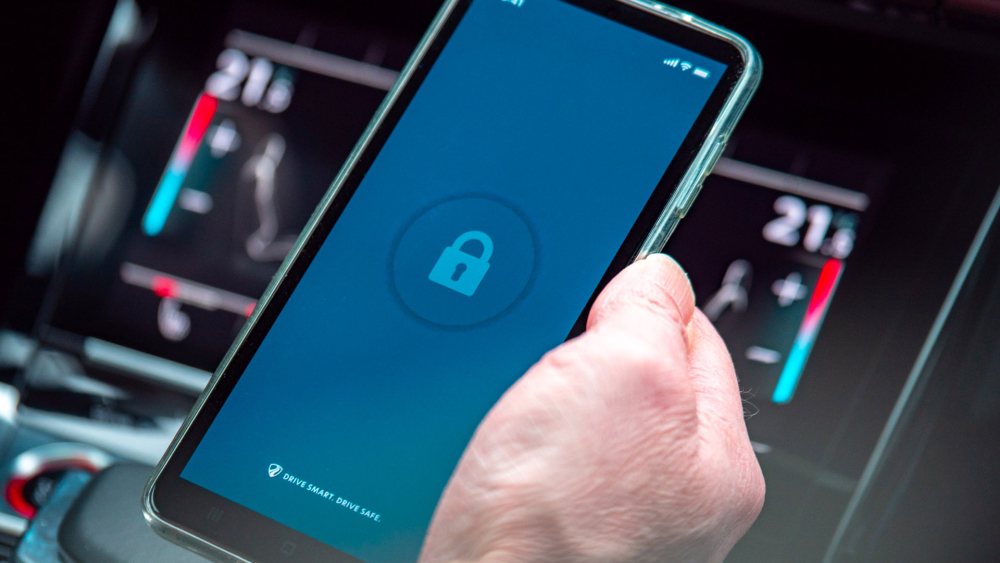
Smartphones and traffic safety: a curse and a blessing?
Since 2016, we have been fighting distraction caused by smartphones in traffic. In fact, it was the reason we started our company. We still do it, and we're still making strides. But, to make traffic even safer, we also make use of smartphones. Is that hypocritical? No, that's actually really clever, if we may say so ourselves. Because it's not us at the wheel: you are. In the meantime, we'll occasionally use your mobile phone, since you'll not be using it anyway, right?
Three core functions
When we first started our company, making traffic safer all over the world was our main goal. SafeDrivePod started out as a solution to limit the functionality of smartphones while driving to navigation and calling. Today we call that solution SafeDriveFocus. We also added two other, hugely impactful solutions for improving road safety. SafeDriveMotion measures driving movements and provides insight into driving behavior and SafeDriveResponse ensures that - if things do go wrong - action can be taken as quickly as possible. Insurers and emergency services can be notified when a crash is detected, but even employers or relatives.
The data connection of the smartphone
While SafeDriveFocus limits the use of smartphones by drivers in traffic, SafeDriveMotion and SafeDriveResponse actually make clever use of smartphone functionalities in the background. For example, SafeDriveMotion uses the data connection of mobile phones to send the driving movements stored in the pod to a server, so they can be analysed and presented to the user. That does not mean that you always have to have your phone with you to use SafeDriveMotion. The pod records and stores every movement during each ride, the smartphone only takes care of the transmission. And we're only talking a few MBs per month.
The GPS functionality of the smartphone
We do not use location tracking or GPS to track SafeDrivePod users. We think that is too big of an of privacy. Moreover, it's simply not a necessity when measuring driving behavior, and not using GPS is a lot more energy efficient. If you want to improve the accuracy of capturing driving movements - actually only the standing still part - you could turn on the use of GPS and location data, but it's in no way obligatory. We do have a single exception to this rule. If you do use SafeDriveResponse - and have given permission to share your location data - our pod sends data via the smartphone to a receiving party immediately after detecting a crash, containing identification, an indication of the severity of the crash and the location of the vehicle at that exact moment. When every second counts, we think it's essential for all parties involved to know where you are.
So, a curse and a blessing indeed?
Sure. Smartphone use while driving mostly causes misery: damage, injury and even death. We still think drivers should just stay off their phones, and we're lending a helping hand with SafeDriveFocus. And yet, that same smartphone also plays a small but significant role in improving road safety. Without all of the neat tricks that smartphones have to offer, communication between our pod and the server would be a lot more cumbersome, and gaining insight into driving behavior would be wildy more expensive and time-consuming. As a result, far fewer people would learn how to adapt their driving behaviour. The same applies to calling in emergency services when a crash happens: your smartphone and our pod are the best team you could wish for when road safety is concerned.
If you want to know how we deal with privacy and our thoughts on it, you can read more about this on the privacy by design page.